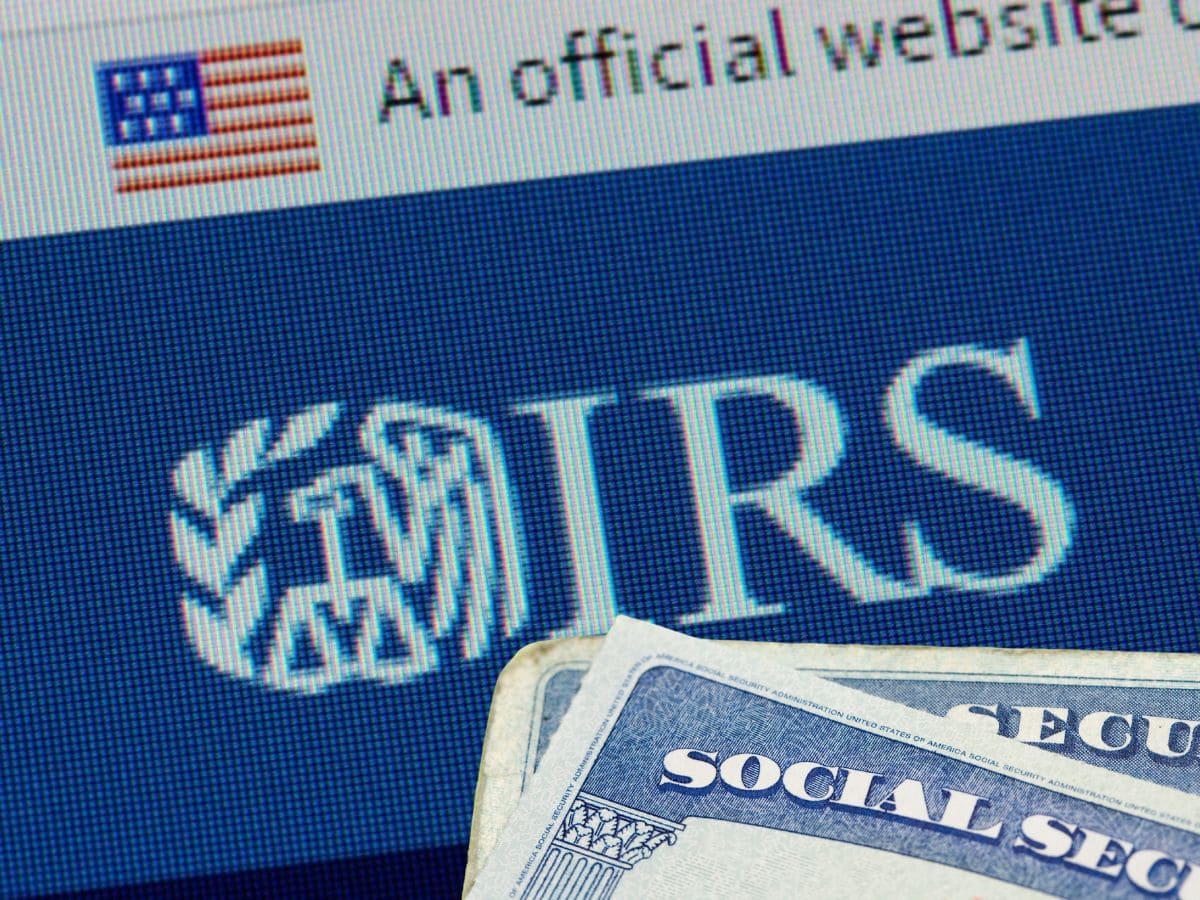The IRS (Internal Revenue Service of the United States) plays a fundamental role in the administration of taxes on Social Security benefits. In many cases, Social Security beneficiaries do not know how this agency regulates the taxation of their monthly payments. For that reason, understanding how the IRS handles taxes on this income can be crucial to avoiding surprises at tax time.
It is important to always keep in mind that Social Security benefits are an essential source of income for millions of Americans, but they are not always delivered without tax implications. Depending on the total amount of your annual income, the IRS may require you to pay taxes on part of the benefits you get. It is important to understand what factors influence whether or not your benefits will be taxable.
This article will break down how the IRS treats Social Security benefits and what steps you should take to stay on top of your tax obligations. In addition, we will discuss how to manage these payments and what options are available if you are a Social Security beneficiary.
When do you have to pay taxes on your Social Security benefits?
The IRS does not tax all Social Security benefits, but if your income is high enough, part of your payments may be subject to tax. In general, this depends on your other income during the year. There is no simpler way to understand this than the following: to determine if you should pay taxes on your benefits, the IRS uses a system based on your total income, called “modified adjusted gross income” (MAGI).
Let’s take a closer look at how this system works:
- If you are an individual and your combined income (including Social Security and other income) is less than $25,000, your benefits will not be subject to tax.
- For married couples filing jointly, if their combined income is less than $32,000, no taxes are levied on benefits.
- If your income exceeds these thresholds, the IRS can tax up to 85% of your Social Security benefits.
So if you haven’t sent your tax return to the IRS yet, you should take all this into account when sending the official documentation.
Avoid problems with the IRS and when you get your Social Security
To avoid problems with the IRS when we start collecting a Social Security check, it is essential to keep proper track of your additional income. If your situation changes and you start receiving extra income, such as additional jobs, interest or dividends, this could put your tax exemption on Social Security benefits at risk. Here are some tips to avoid surprises:
- Consult a professional: If you are not sure how your income could affect your Social Security taxes, consider talking to a tax attorney.
- Adjust your withholdings: You can choose to have Social Security withhold taxes directly from your benefits to avoid having to make a large payment at the end of the year.
- Stay informed at all times: Review your tax return annually and assess whether you need to adjust your tax strategy.
This proactive approach from the moment you start collecting your retirement can help you maintain proper control over your tax obligations and avoid surprises during tax season. Nobody wants to have problems with the IRS, especially when the situation may not be entirely comfortable in the economic sphere.








